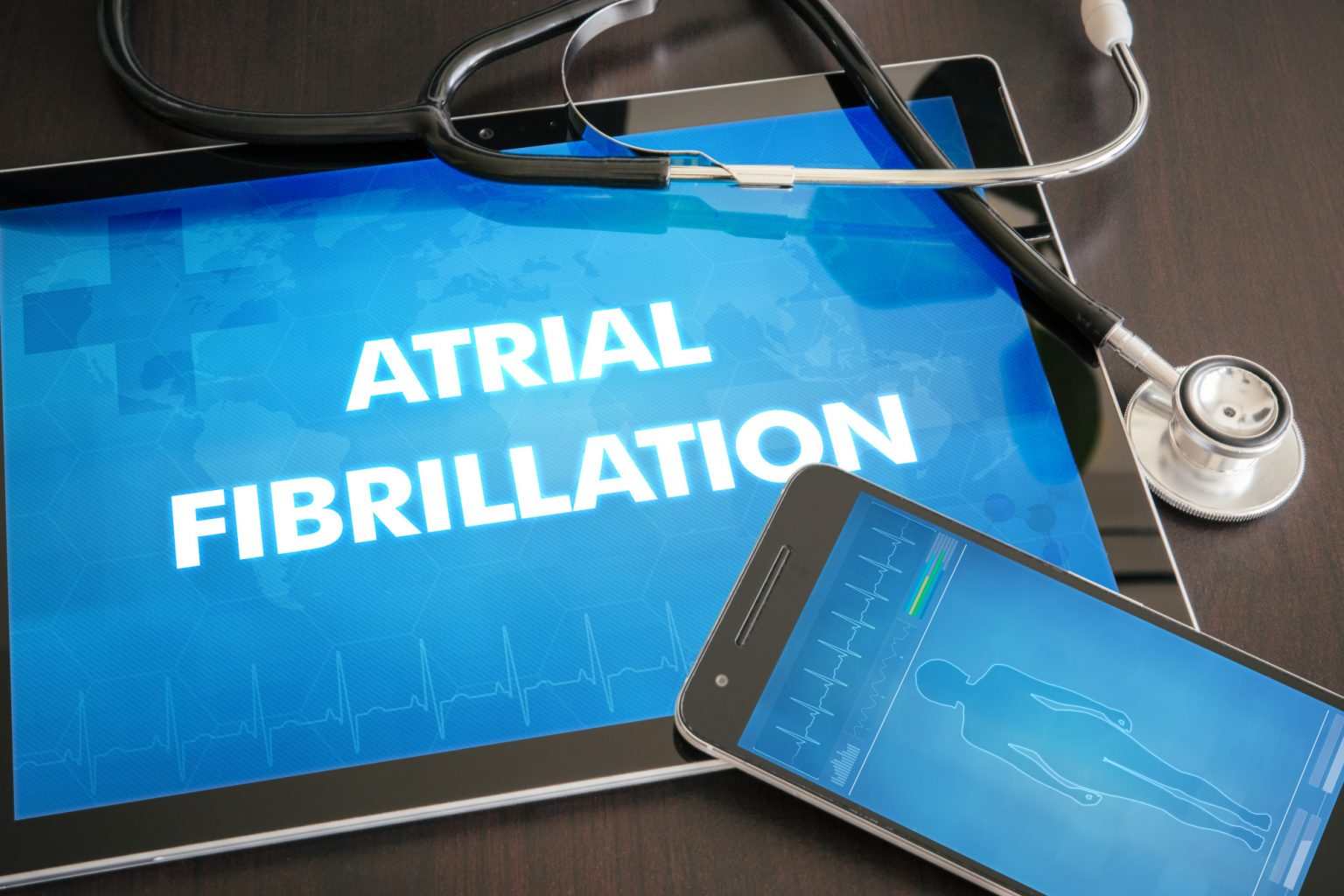
Your Blood Pressure and the Rhythm of Your Heart: Understanding AFib and Your Risk of Stroke
Medically Reviewed By
Updated on August 17, 2020
Latest Posts
June 19, 2021
June 17, 2021
Yoga and Mindfulness: 7 Tips to Get Your Body and Brain in Shape
February 19, 2021




